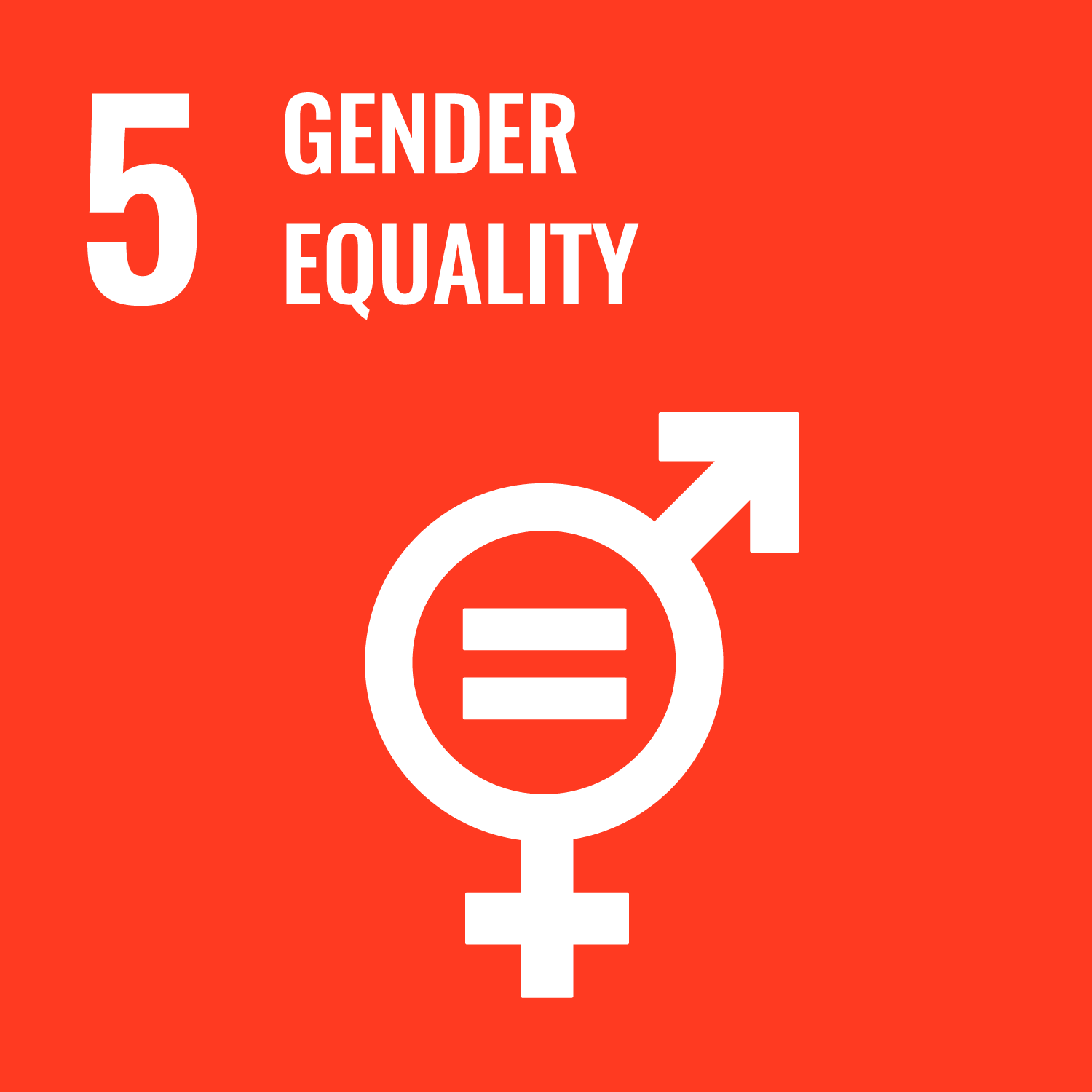PIRGIM and AIMSU Ecofeminism Panel
Tue, March 30, 2021 6:30 PM at Zoom
In honor of Women's History Month, PIRGIM and Amnesty International MSU (AIMSU) will be hosting a discussion panel about Ecofeminism. Ecofeminism is a movement that sees a connection between the exploitation and degradation of the natural world and the subordination and oppression of women. Panelists answering questions such as "How are feminism and nature intertwined?" through an open Q&A session. The goal of this event is to educate students on how the issues that arise from climate change and unsustainable practices impact women and give insight into the solutions that we can advocate for to address the problem.
Zoom Meeting Room: https://msu.zoom.us/j/93582649782
Meeting ID: 935 8264 9782P
Panelists and MSU biographies:
Dr. Abigail Bennett has a PhD in Marine Science and Conservation. She studies the role of fisheries in livelihoods and food security around the world. Her research examines how processes such as governance and trade shape the connections between fisheries and human well-being. For example, what kinds of governance arrangements can mitigate negative social and ecological impacts of global trade pressures? How important are fisheries for addressing hunger and malnutrition globally? And, how can we enhance fish value chains to increase access and benefits to women and the rural poor?
Dr. Wynne Wright is an associate professor jointly appointed in the Departments of Sociology and Community Sustainability. Much of her research explores the nexus between food, agriculture, rural culture and sustainability. Her research examines questions of political and cultural change in agriculture and food systems with sensitivity to their consequences for women, farm families and rural community well-being. These research interests hold promise for bettering our understanding of how to move toward a more sustainable future through practices of equality, inclusion, and civic participation.
Vanessa Rickenbrode is a PhD Candidate in the Department of Sociology with a specialization in Gender, Justice, and Environmental Change. Her research uses mixed methods to evaluate development initiatives and agri-food system changes in their potential for securing social justice, gender empowerment, and food security. Her dissertation compares how gender empowerment is framed for and by women in the Global South and analyzes the impact of organizational empowerment solutions on women in India.


